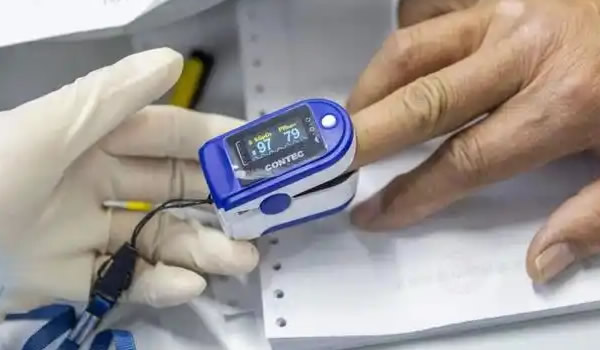Summary: a comprehensive analysis of diabetes, its significance globally and in Asia, its medical explanations, lifestyle impacts, and preventive measures. We hope to empower our readers with knowledge and guide them towards healthier lifestyles.
Introduction
Diabetes is a chronic disease with significant health implications worldwide. In Asia, the prevalence of diabetes is rapidly increasing due to changing lifestyle patterns and aging populations. Globally, it is a leading cause of blindness, kidney failure, heart attack, stroke, and lower limb amputation, making it a critical health issue to understand and address.

Understanding Diabetes
Diabetes is a chronic disease that occurs when the pancreas does not produce enough insulin, or when the body cannot effectively use the insulin it produces. Long-term, this leads to increased concentrations of glucose (sugar) in the blood, a condition known as hyperglycemia. Uncontrolled diabetes can gradually damage the body’s systems, especially the blood vessels and nerves.
Treating Diabetes
Managing diabetes requires a combination of medication, diet, and physical activity to regulate blood sugar levels. Insulin therapy is often essential for type 1 diabetes. People with type 2 diabetes, the most common form, often require oral medication, and some may need insulin. Regular monitoring of blood glucose levels is crucial to prevent complications.
Diabetes: Lifestyle Impacts and Prevalence
Diabetes-related complications significantly impact quality of life and can lead to disability and premature death. In 2019, an estimated 463 million adults had diabetes globally, and this is projected to rise to 700 million by 2045. In Asia, particularly, rapid urbanization and lifestyle changes have led to an increase in diabetes prevalence.
Prevention and Research
Type 2 diabetes can be prevented or delayed with regular physical activity, a healthy and balanced diet, and maintaining a normal body weight. Research into new treatments, including stem cell therapy, artificial pancreas, and new insulin-delivery systems, is ongoing. Early detection and treatment can also prevent or delay complications.
Conclusions
Diabetes is a serious global health issue that requires understanding, prevention, and control. Lifestyle modifications, regular check-ups, and adherence to medication are key. With the correct measures, those living with diabetes can lead healthy, fulfilling lives.
FAQs
Q1: What are the symptoms of diabetes?
A1: Common symptoms include excessive thirst and hunger, frequent urination, unexplained weight loss, fatigue, and blurry vision.
Q2: Can diabetes be cured?
A2: Currently, there is no cure for diabetes, but it can be controlled effectively to prevent complications.
Q3: Can I prevent diabetes?
A3: Type 2 diabetes is largely preventable with a healthy lifestyle, including regular physical activity, healthy diet, and maintaining a normal body weight.
Editor's Note
Remember, awareness and early detection play an essential role in effective diabetes management and prevention. Always consult your healthcare provider for personalized advice and treatments.
User Comments
Campbell, Abigail: gave me clarity on something my doctor mentioned.
M. Allen: I appreciate how the risks and treatments are clearly laid out.
Nathan Morris: Finally found something reliable on this topic. Thank you!